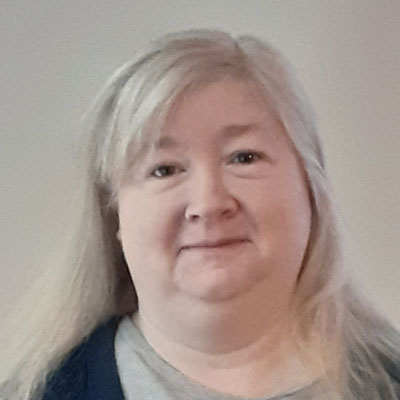Exploring Non-Teaching Careers with a History Degree
The study of history is fascinating and useful. Beyond winning Jeopardy or dominating a family game of Trivial Pursuit, students of history gain important life skills that are useful beyond the discipline of history. Students of history learn how to conduct research and evaluate sources. They learn to think critically about the information that they gain through reading and research. They develop communication skills through writing and presenting their research. They develop the ability to explain things to others. These are useful and important skills, especially in the age of false narratives and fake news. But what can one do with a degree in history other than teach history?
First, as a history teacher, I think that the absolute best thing someone can do with a history degree is teach–if teaching is one of your gifts. Teachers of history are needed in public and private K-12 schools as well as colleges and universities. I also understand that the love of history and the gift of teaching do not always go hand in hand, so here are some things you can do with a history degree that do not involve a classroom.
A history degree is a great preparation for anyone who wants to be a lawyer, a librarian, or a writer. The skills cultivated in pursuit of an undergraduate history degree will prepare you for law school, a graduate degree in library science, or for work as a writer.
A history degree in corporate America can prepare you to work as a management consultant. Like historians, management consultants look at past activity and attempt to inform the leaders of the company about the future; the study of history prepared workers in that field. Corporate America also needs historians and archivists. Corporate historians study the documents of the company’s past as well as gather, analyze, and interpret them. They present the information in presentations, articles, and books to the leaders of the corporation, board members and employees, and the public in general. Archivists gather, preserve, and organize the crucial documents of a company and make those documents available to those who need them. Historians and archivists also work for governments, organizations, and historical societies.
Finally, there is a whole field of history called public history – history in the public sphere – and this encompasses historical sites, museums, and historic parks. Employees teach visitors about the site, create exhibits, plan and conduct workshops, and answer questions from visitors. These people still have a history education, but they do not use it in a classroom setting. History majors also find jobs as 4-H agents, camp counselors, and working with at-risk youth.
As you can see, an undergraduate degree in history can take you down many paths. Do not dismiss your passion for a certain field of study because you think that there will not be any work in that field. In most cases, a degree is just the next step in your education before learning more – either in a classroom or on the job.
Becky Frank has been steeped in American History from her early days growing up on the family farm in Northeastern North Carolina. Although Barrow Creek Farm has been in her family since the 1680s, her parents were the first to live on it in three generations. On the farm she learned to milk cows, sheer sheep, and drive a tractor.
After an internship at Historic Edenton, she received a B.S. in Public History from Appalachian State University in 1992. Answering God’s call to teach in a classroom setting, she added teacher certification from East Carolina University to her degree in 1998. Becky then taught social studies in Gates County, North Carolina where her classes included U.S. History, World History, Economics, Government, and Humanities. In 2003 she married her husband John and left the classroom to start a family.
Becky has been teaching online for more than 10 years. She also homeschools her three children and is an active leader in the Children’s and Youth’s ministry at her church. She also enjoys gardening, cooking, scrapbooking and long walks with her kids and the family dog. Sharing the heritage of our great country is one of her passions as well. Her lifelong dream is to return to the family farm and make a portion of the acreage a living history site.





